The Philippines, blessed with abundant sunlight, holds immense potential for solar energy development. As the nation moves toward sustainable growth and energy independence, the government has introduced several policies to attract renewable energy investments.
Whether you’re a seasoned investor or exploring green opportunities for the first time, understanding these policies is key to making informed decisions.
In this guide, we’ll break down the essential solar energy policies in the Philippines, highlight the opportunities they offer, and provide actionable insights for investors looking to make their mark in the country’s renewable energy sector.
Why Invest in Solar Energy in the Philippines?
The Philippines’ location near the equator provides year-round high sun irradiation, averaging over 1,800 kWh/m² yearly. Rising electricity costs, frequent power outages, and government measures to limit carbon emissions all contribute to solar energy’s value.
Furthermore, the country’s dedication to renewable energy is consistent with worldwide trends, establishing it as a prospective market for sustainable energy solutions.
Key Policies Supporting Solar Energy Investments
1. The Renewable Energy Act of 2008
This transformative law aims to drive the Philippines toward energy self-sufficiency, targeting 60% by 2010 (though delayed in execution). It includes powerful incentives, such as:
- A seven-year income tax holiday.
- Tax exemptions on carbon credits.
- A reduced corporate income tax rate of 10% after the holiday period.
This law empowers local capabilities and champions cost-efficient solutions, pushing the Philippines toward a cleaner, greener, and more energy-independent future.
2. Net Metering Guidelines (ERC Resolution No. 09, Series of 2013)
Net metering, introduced under the Renewable Energy Act, allows residential and commercial users to install solar panels and sell surplus energy back to the grid.
- Reduces electricity costs and shortens payback periods.
- Participation in net metering has steadily increased since its introduction.
Efforts by the Department of Energy (DOE), National Renewable Energy Board (NREB), and Energy Regulatory Commission (ERC) continue to accelerate the program across the country.
3. Green Energy Option Program (GEOP)
Launched as part of the Renewable Energy Act, GEOP empowers consumers to choose renewable energy sources for their electricity needs.
- Creates a ready market of eco-conscious customers willing to pay a premium for clean energy.
- Encourages end-users to contribute to renewable energy adoption in a cost-effective and sustainable way.
4. Energy Efficiency and Conservation Act (Republic Act No. 11285)
This law promotes energy efficiency by reducing consumption and encouraging renewable energy use. Key provisions include:
- Mandatory energy labeling.
- Green building standards.
- Government energy management programs.
It complements solar energy investments by fostering sustainability and cost-effective energy solutions.
Investment Opportunities in the Solar Energy Sector
1. Utility-Scale Solar Farms
The government supports large-scale solar farms to diversify the energy mix. Initiatives like the Feed-in Tariff (FIT) and Renewable Portfolio Standards (RPS) offer financial incentives and guaranteed demand.
2. Rooftop Solar Systems
The net metering program has made rooftop installations for residential, commercial, and industrial properties highly attractive.
3. Hybrid Solar Systems
Frequent power outages in remote areas have increased the demand for hybrid systems combining solar with batteries or diesel generators.
4. Solar-Powered Electric Vehicles (EVs)
With the growing EV market in the Philippines, solar charging stations represent a promising niche.
Challenges and Risks in Solar Investments
While opportunities abound, investors should consider the following challenges:
- Regulatory Hurdles: Permitting processes can be complex and time-consuming.
- Grid Limitations: Existing infrastructure may not support large-scale solar integration.
- Land Acquisition: Legal and logistical issues can complicate site selection.
- Initial Costs: High upfront investments may deter some investors, though financing options are improving.
Read our detailed blog: “5 Key Reasons to Consider Investing in Solar Energy in 2025.”
Government Incentives to Mitigate Risks
- Fiscal Incentives
- Duty-free importation of renewable energy equipment.
- VAT-zero rating for renewable energy projects.
- Tax exemptions on carbon credits.
- Financing Programs
- Government-backed loans and grants.
- Partnerships with organizations like the World Bank.
- Streamlined Permitting Processes
- The DOE’s “One-Stop Shop” initiative simplifies project approvals, especially for small-scale installations.
Steps for Investors to Get Started
- Conduct feasibility studies to assess technical, economic, and environmental viability.
- Understand legal requirements, including zoning laws and permits.
- Partner with local companies like Nativ Techniks to leverage their expertise.
- Explore financing options such as government incentives and bank loans.
- Focus on sustainability to attract eco-conscious consumers and stakeholders.
The Future of Solar Energy in the Philippines
The Philippines is steadily moving toward its renewable energy ambitions. By 2040, the government hopes to have 35% renewable energy in the electricity mix, with solar playing an important part. Emerging technologies such as floating solar farms and better battery storage provide even more potential.
Why Choose Nativ Techniks for Your Solar Investments?
Nativ Techniks stands as an industry leader in delivering sustainable solutions. We offer:
- Expert understanding of local regulations.
- Cutting-edge technology tailored to your needs.
- Comprehensive services from feasibility studies to maintenance.
- A commitment to sustainability and environmental responsibility.
Conclusion
The Philippines’ solar energy sector presents numerous opportunities for investors who understand the policy framework and market dynamics.
You may make a long-term contribution in renewable energy while earning significant financial returns by taking advantage of government incentives, addressing problems, and collaborating with professionals such as Nativ Techniks.
Invest in the Philippine solar future today. A brighter tomorrow starts with a sustainable choice.
Contact us today by calling at +639176310032 or write to us at wecare@nativtechniks.com
Read our other blogs
The Current State of Solar Energy & its future in the Philippines


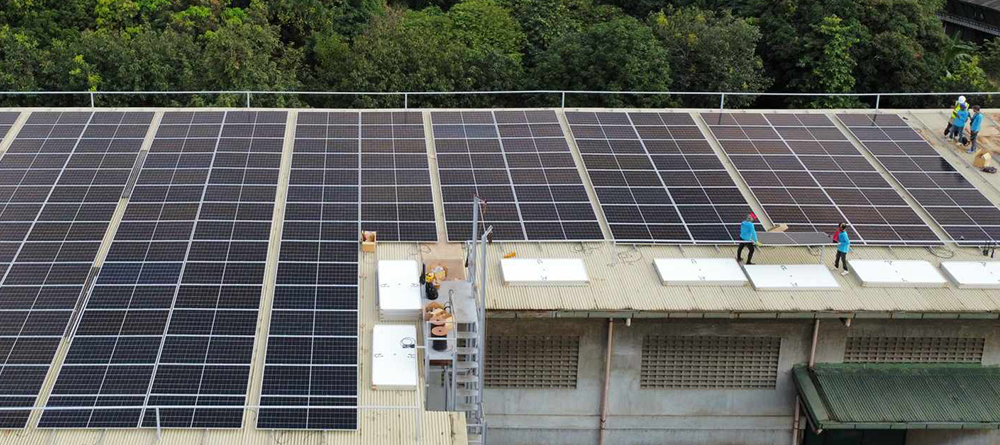
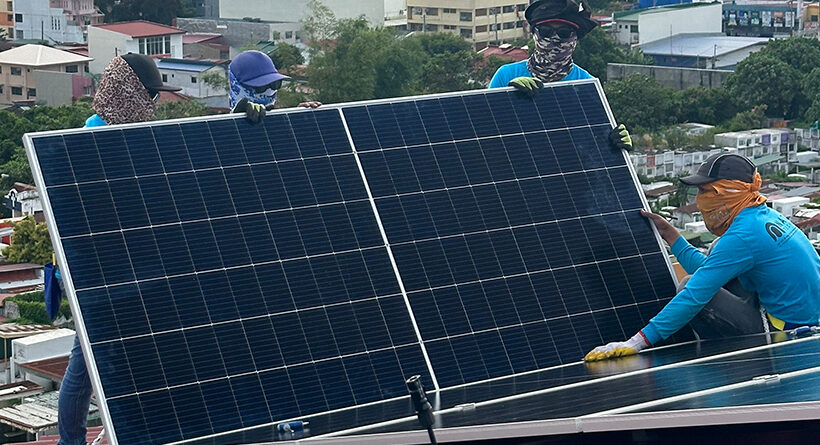
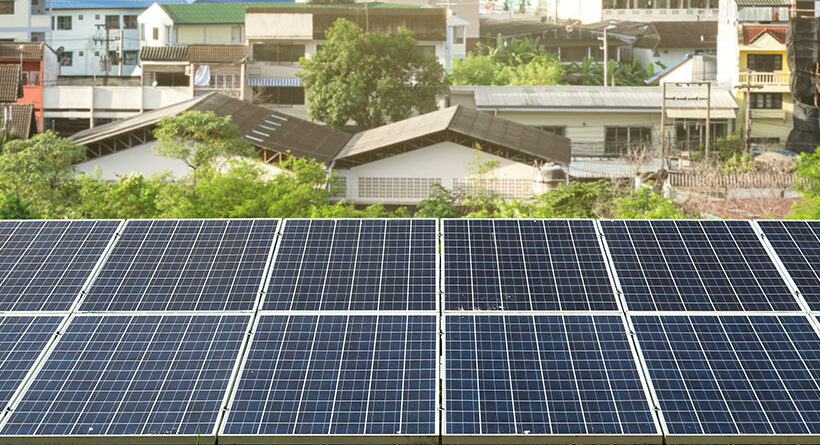



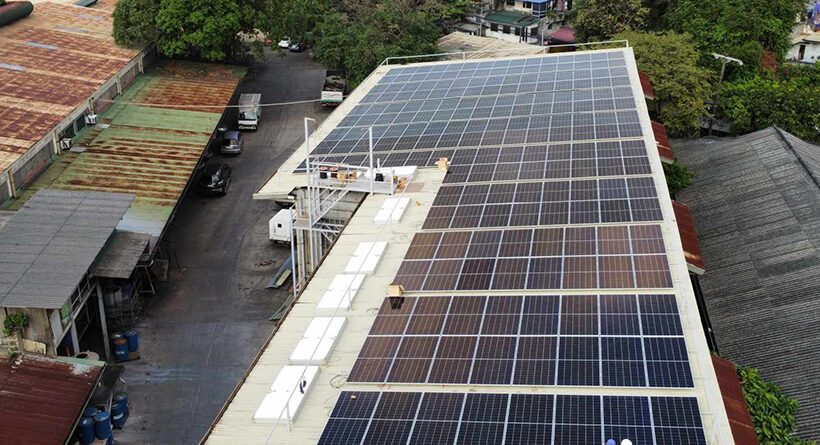
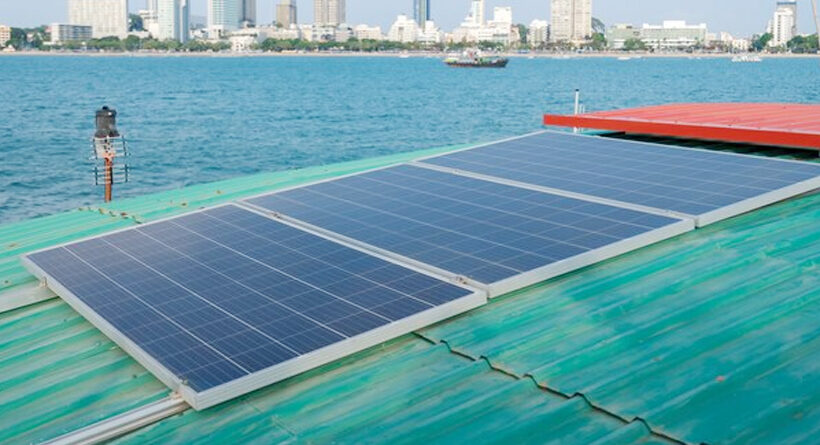
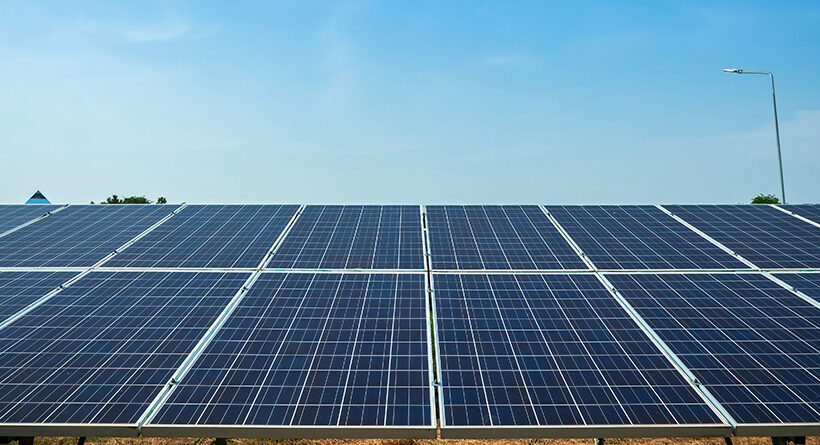


Leave a Reply